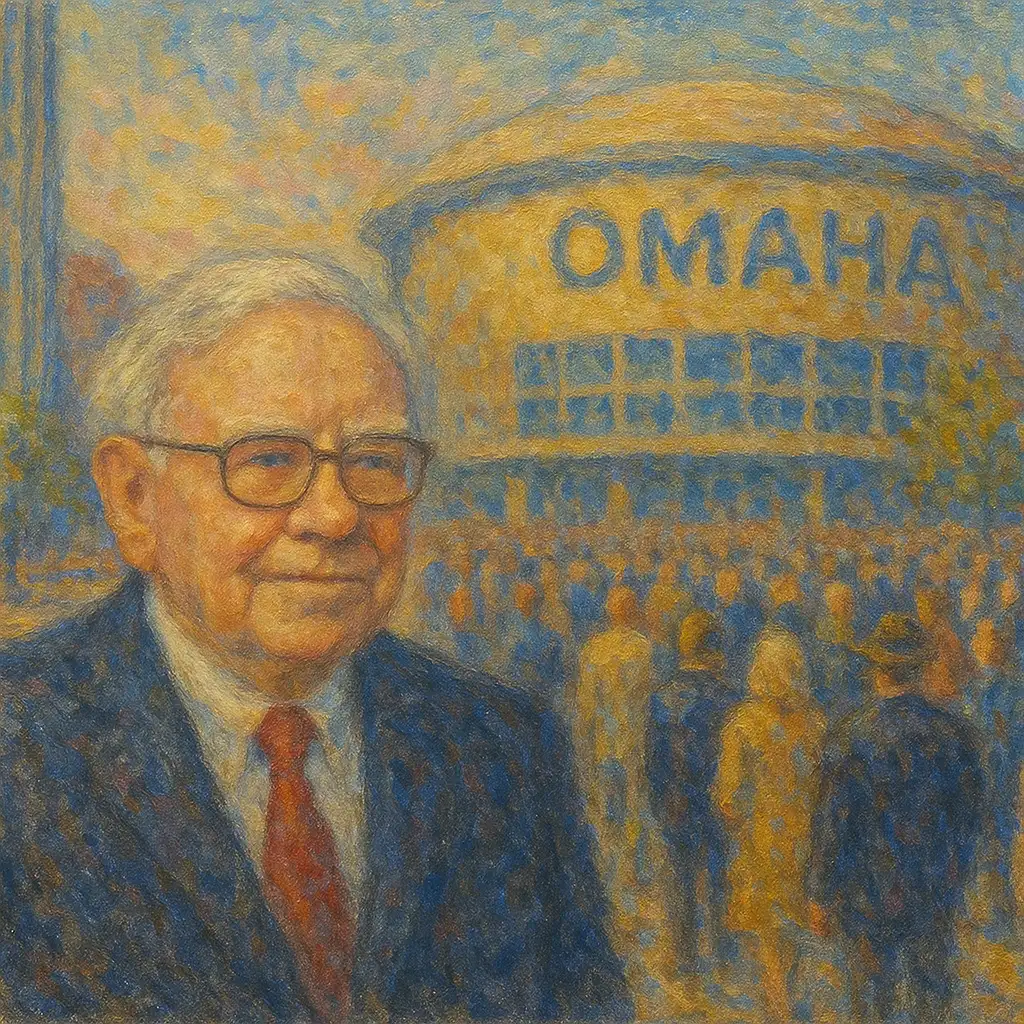Wall Street is inherently short-termist. This is not because it is dumb. Quite the contrary, some of the brightest minds in the country labour in the investment industry. But as the mutual fund industry has grown, the desire for short-term gratification has altered the focus, turning an investment business into a marketing one.
There is nothing wrong with marketing; some of my good friends are marketeers. But a good marketeer’s job is to discover what customers want and try to meet that need. Unfortunately, the investing public wants instant gratification. They want to keep up with the (Dow) Joneses, and for their fund to “beat” the other funds and comparable indices on a short-term basis – quarterly and annually. That is not what investing is about; it is about reaching long-term financial goals without taking unnecessary risks.
Mutual funds’ individual inflows and outflows are driven by how they rank against their peers on a short-term basis. Many mutual fund managers and analysts’ compensation packages are structured to meet goals (maximise inflows, minimise outflows) with great emphasis on short-term performance, creating faulty incentives. Hedge fund managers face an even trickier dilemma, as they need to show absolute positive returns month after month.
Fund managers are often forced into making a short-term decision they knows is the wrong strategy for the long run in the knowledge that their job may not survive the short run. Oakmark fund manager Robert Sanborn, for instance, was replaced in 2000, as his value-oriented fund had underperformed the market and lost $7bn in asset outflows.
His decision not to jump on the dotcom wagon and to stick to what he was hired to do – value investing (not speculating) – was vindicated several months later when the Nasdaq collapsed and value stocks came back into vogue – for what has so far been a run of more than six years. Unfortunately, his tenure did not survive the short run.
Investors chase last year’s performers, and that, in large part, is the reason equity fund investors, according to a study by Dalbar, the financial services market research firm, have historically underperformed the mutual funds they have invested in by a huge margin. Media hype does not help either: every January last year’s mutual fund “winners” are paraded through year-end publications. But do not blame the media; they publish what people want to read.
The short-sightedness of investors creates an embedded incentive for market participants, who control an enormous amount of capital, to favour stocks that are expected to do well in the shorter run. They will sell (or avoid) stocks that may have a great risk/reward profile in the long run, but whose immediate future is ambiguous. This creates an opportunity for time arbitrage for those who can stomach the short-run and have a longer time horizon than several quarters.
Time arbitrage is often created when a stock is sold off on missing its “guidance” (which often does not have to be by much), fails to “meet” Wall Street’s earnings estimates, or simply has a short-term stumble (which will happen to any company, it is just a matter of time).
We do not live in a linear world and should not expect linear performance from the companies we invest in. In spite of Wall Street’s perception, these short-term events have little or no impact on the long-term stream of company cash flows, and thus have little, if any, impact on a company’s actual value.
However, Wall Street will dump a stock (often driving it far below its intrinsic value) if it stands between a fund manager and his annual bonus (or him keeping his job) – a dangerous place to be.
Quest Diagnostics is a perfect example of time arbitrage in the making. The stock has been knocked down from $64 to $49 [as of May 3] owing to the loss of the United Healthcare contract. As dramatic as it sounds, UnitedHealth Group accounted for only 7 per cent of Quest Diagnostic’s revenue, and had little impact on the company’s long-term fundamentals. I believe the stock is worth considerably more (north of $80). But here is the rub: earnings will not grow for a year, something Wall Street cannot digest – at least for a year.
Though time arbitrage is not a riskless opportunity, odds are that if you have the contrarian mindset and are not afraid of being on the lonely side of the fence, or owning a stock that may end up being “dead money” for a while, you have a great opportunity to take advantage of Wall Street’s habitual and recurring short-termism.









0 comments